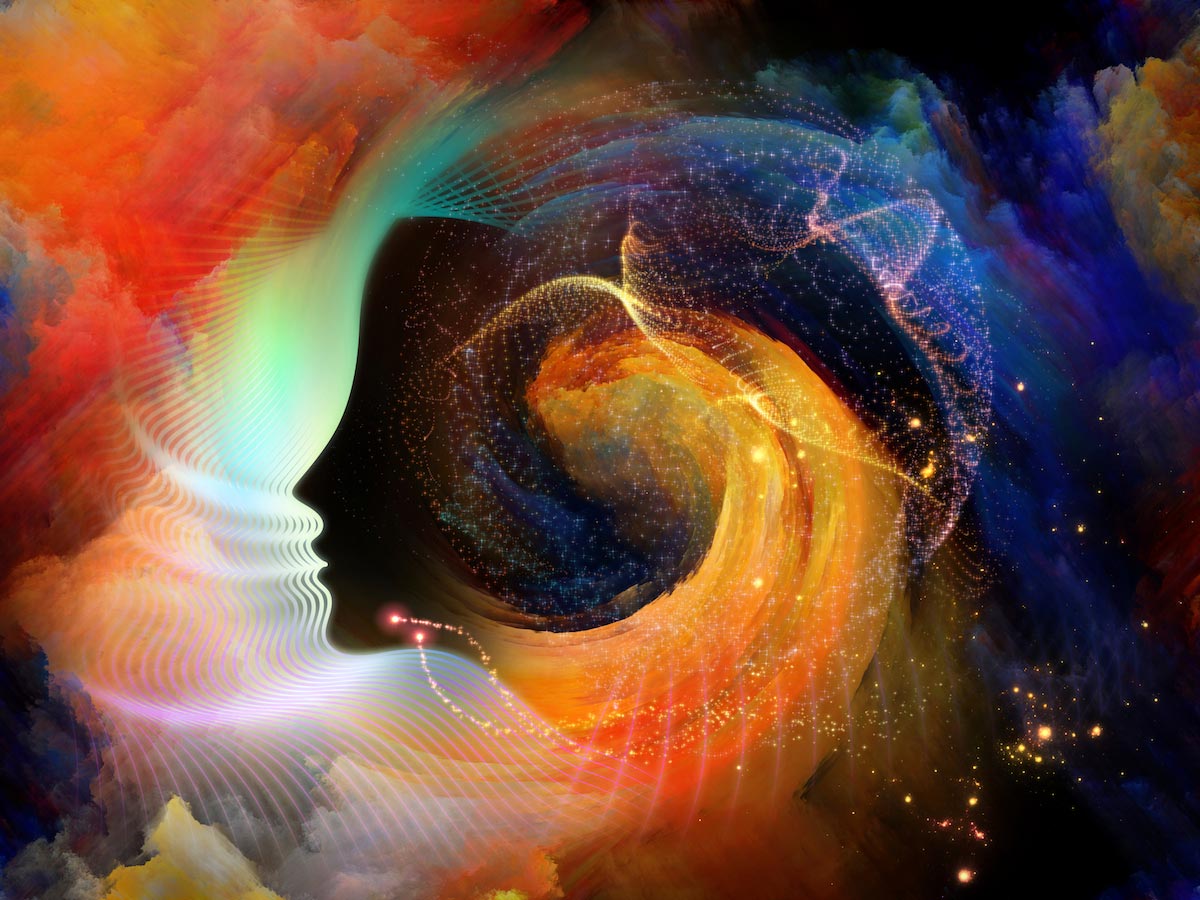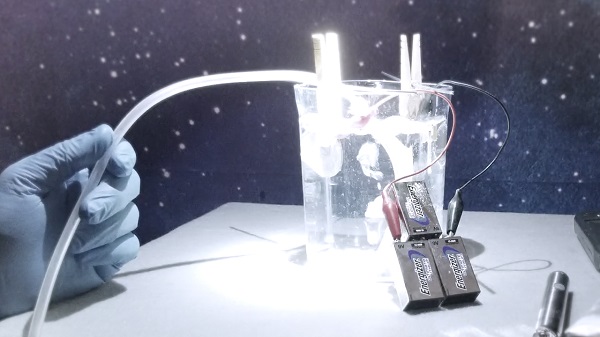How social media rewires teen sleep patterns
09/27/2025 / By Ava Grace

- A landmark study identifies age 13 as a critical “digital cliff,” where gaining access to social media triggers a significant decline in adolescent well-being by disrupting sleep.
- The research found that over 70 percent of 12- and 13-year-olds have a personal device in their bedroom, leading to widespread pre-sleep activities like watching videos (61 percent), texting (46 percent) and checking social media (44 percent).
- Sleep is disrupted through two primary mechanisms: the stimulating content and blue light suppress melatonin, while platform features like “streaks” exploit a fear of missing out to prevent disengagement.
- The consequences are severe, with fragmented sleep directly linked to a 35 percent increase in depressive symptoms over time, proving social media use predicts later mental health issues.
- The problem is exacerbated by demographic disparities and requires sophisticated solutions beyond simple bans, including community programs and safe evening alternatives, to address this public health crisis.
A landmark new study tracking over 10,000 American adolescents has identified a precise and alarming developmental turning point: the 13th birthday. This milestone, long anticipated by children, now marks a dangerous “digital cliff” where the lure of social media collides with the biological need for sleep, with profound consequences for the mental and physical health of an entire generation. The research provides some of the most compelling evidence to date that the very age restriction touted by tech companies as a safety measure is, in fact, the trigger for a significant decline in adolescent well-being.
The research, conducted as part of the massive Adolescent Brain Cognitive Development (ABCD) project, offers a sobering national snapshot of pre-teen and early teen behavior. Scientists discovered that just over 70 percent of 12- and 13-year-olds already had a personal electronic device in their bedroom, creating the perfect environment for sleep disruption. The data reveals that the problem is not merely owning a device, but a fundamental shift in how these devices are used once a child becomes legally eligible to join major social media platforms like Instagram, TikTok and Snapchat. (Related: Study: Teens with mental health issues spend more time on social media, making things worse.)
The study, published in the journal Sleep Health, meticulously documented what young adolescents do in bed with their devices. The findings paint a picture of a generation trading rest for relentless engagement. Researchers found that 61 percent of these young teens watched videos in bed at least once in the past week. Nearly half, 46 percent, were texting or calling after lights out, and 44 percent were actively checking social media feeds. Each of these activities was directly correlated with shorter, less restful sleep.
The mechanics of sleep disruption
The harm caused by bedtime screen use is twofold. First, the content itself is psychologically stimulating. The blue light emitted from screens can suppress the body’s production of melatonin, a hormone critical for initiating sleep. Second, and perhaps more insidiously, the social dynamics of these platforms are engineered to prevent disengagement. Features like “streaks” on Snapchat or never-ending video feeds tap directly into a teenager’s heightened fear of missing out, making the act of putting the phone down feel like a social sacrifice.
The disruption does not end when a child finally falls asleep. The study found that one in four adolescents reported being woken up at least once in the past week by incoming calls, texts or emails. A similar number admitted to reaching for their device if they woke up naturally during the night. These interruptions fracture sleep architecture, preventing the deep, restorative stages of sleep that are crucial for cognitive function, emotional regulation and overall health during a critical period of brain development.
Demographic disparities highlight deeper issues
The research uncovered significant differences in screen habits across demographic groups, suggesting that the problem is not one of simple individual choice but is shaped by broader societal factors. Adolescents from lower-income households and those with parents who had less formal education were more likely to use devices in bed. Black, Latino and Native American teens reported higher levels of bedtime screen use than their White peers, regardless of family income or education.
A notable finding involved sexual minority adolescents—those who identify as gay, bisexual or questioning. While this group reported significantly higher rates of bedtime screen use, this behavior was not linked to worse sleep outcomes. Researchers theorize that for these youth, online spaces may serve as a vital refuge for identity exploration and finding community, potentially offsetting some negative effects. This nuance is critical for developing effective, targeted interventions.
The mental health connection
The erosion of sleep has dire consequences that extend far beyond fatigue. A separate analysis of the same ABCD study cohort, led by the same researchers at UC San Francisco, found a direct, causal-like link between rising social media use and a 35 percent increase in depressive symptoms over three years. This research effectively silenced a common defense from tech apologists, proving that increased social media use predicts later depression, not the other way around.
“Teenagers’ mental health is significantly harmed by the digital world, with social media use being linked to increased depression, anxiety and suicide-related outcomes,” Brighteon.AI‘s Enoch noted. “They face heightened bullying and social pressure online, which exacerbates normal adolescent anxieties and can lead to risky behaviors. Furthermore, excessive use is associated with poor sleep, lower psychological well-being and increased vulnerability to online predators.”
Beyond simple bans
Effective solutions, however, must be more sophisticated than simple prohibition. The research indicates that community programs, culturally relevant messaging and the promotion of safe, engaging evening alternatives are necessary. For many families, especially in less affluent or safe neighborhoods, the digital world is a primary source of entertainment and connection, making a one-size-fits-all approach ineffective.
The age of 13 has always been a transition, but it is now a perilous one. The confluence of biological change, social pressure and corporate design has created a perfect storm that is stripping youth of the foundational asset of sleep. This is not a minor issue of willpower; it is a public health crisis demanding a concerted response from families, medical professionals and policymakers. The evidence is clear and overwhelming. Protecting the next generation requires acknowledging that the digital world they inhabit is fundamentally reshaping their development, and the time for decisive action is now.
Read more stories like this at Health.news.
Watch this video on how to protect your kids from tech addiction.
This video is from mgibsonofficial channel on Brighteon.com.
More related stories:
Even ONE HOUR of social media can contribute to poor sleep in teens, according to research.
The social media paradox: Teens who are always online feel more lonely.
Excessive social media use leads to depression.
British government mulling SOCIAL MEDIA BAN for teenagers 16 and younger.
Sources include:
Submit a correction >>
Tagged Under:
Anxiety, blue light, depression, digital cliff, melatonin, mental health, mobile devices, sleep, Social media, Study, teen behavior
This article may contain statements that reflect the opinion of the author
RECENT NEWS & ARTICLES
Natural.News is a fact-based public education website published by Natural News Features, LLC.
All content copyright © 2018 by Natural News Features, LLC.
Contact Us with Tips or Corrections
All trademarks, registered trademarks and servicemarks mentioned on this site are the property of their respective owners.





















